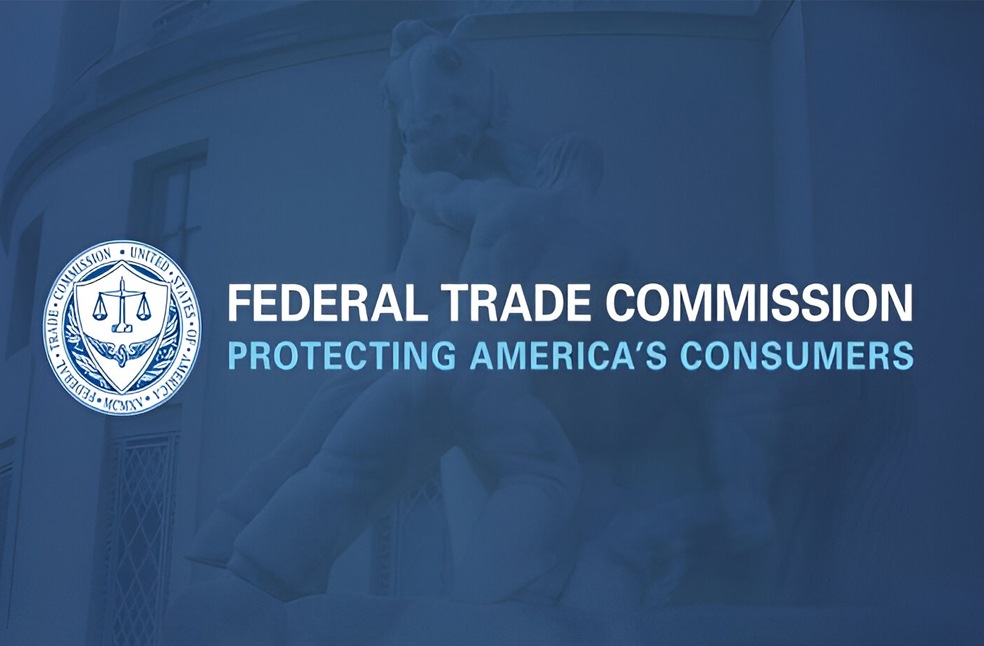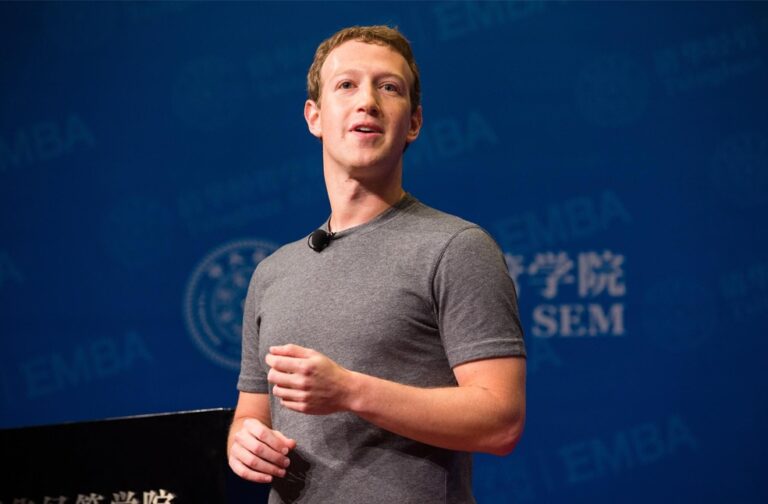Washington DC: Meta CEO Mark Zuckerberg took the witness stand in a landmark antitrust trial at a federal court in Washington DC, defending his company against claims it unfairly dominates the social media market.
The case, brought by the US Federal Trade Commission (FTC) in 2020 during the end of the Trump administration, accuses Meta of monopolistic behavior through its acquisitions of Instagram in 2012 for $1 billion and WhatsApp in 2014 for $19 billion.
The FTC argues that Meta made these purchases not to innovate but to neutralize competition, highlighting internal communications in which Zuckerberg admitted concern about how fast Instagram was growing and how far behind Meta was at the time.
In one 2011 email, Zuckerberg wrote that, “Instagram seems like it’s growing quickly,” and in another, he warned that, “We don’t even understand how far behind we are… I worry that it will take us too long to catch up.”
On the witness stand, Zuckerberg downplayed these statements, calling them part of early strategic discussions. Mark said that the main motivation for acquiring Instagram was its camera technology, not its popularity as a social network, and argued that Meta had helped improve the platform significantly over time.
The FTC’s lead attorney, Daniel Matheson, presented a 2012 memo in which Zuckerberg discussed the importance of ‘neutralizing’ Instagram, calling it a ‘smoking gun.’
Matheson claimed that, Meta chose to ‘buy out their rivals’ rather than compete fairly. Meta’s lawyer Mark Hansen dismissed the lawsuit as ‘misguided,’ saying the company’s acquisitions were legal, approved by regulators at the time, and ultimately benefited users by enhancing the products.

Zuckerberg is expected to continue testifying on Tuesday, 15th of April. The trial could last until July.
Meta contends that competition in social media remains robust, pointing to platforms like TikTok, YouTube, and X. The company also highlighted its massive global reach, with 3.27 billion daily active users across its services.
The trial takes place amid a broader wave of US antitrust action against tech giants. Google is also facing a major case, with the Justice Department having already secured a partial win by establishing its dominance in online search.
Unlike the Google case, however, legal experts say the FTC will face a more difficult path against Meta due to the greater competition in the personal social networking space.
Meanwhile, Meta’s ties to Donald Trump have drawn scrutiny. The company has made overtures to Trump since his 2016 election, donating $1 million to his inaugural fund, adding allies such as Dina Powell McCormick and UFC president Dana White to its board in 2025, and recently paying Trump $25 million to settle a lawsuit over the suspension of his accounts following the January 6 Capitol riot.
Meta also rolled back certain content moderation policies earlier this year, which Republicans had criticized as politically biased.
Zuckerberg personally lobbied Trump to persuade him to pressure the FTC to drop the case. While Meta did not confirm the lobbying effort, it responded by calling the FTC’s lawsuits unrealistic, stating that, “The FTC’s lawsuits against Meta defy reality.”
The FTC is seeking a court-ordered breakup of Meta’s ownership of Instagram and WhatsApp, a major potential blow to the company’s business model and ad revenue.



